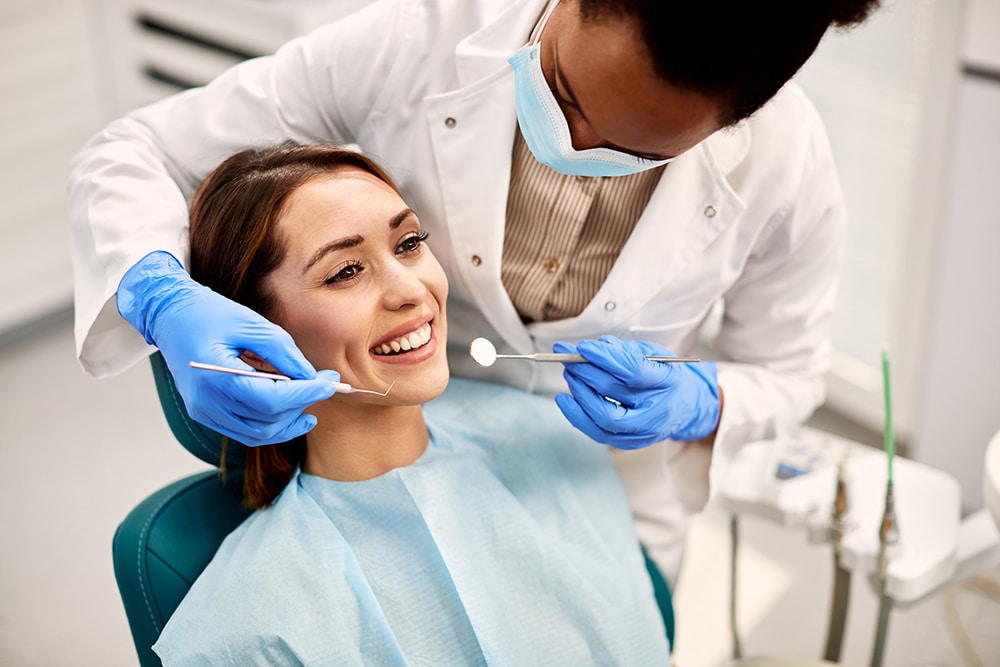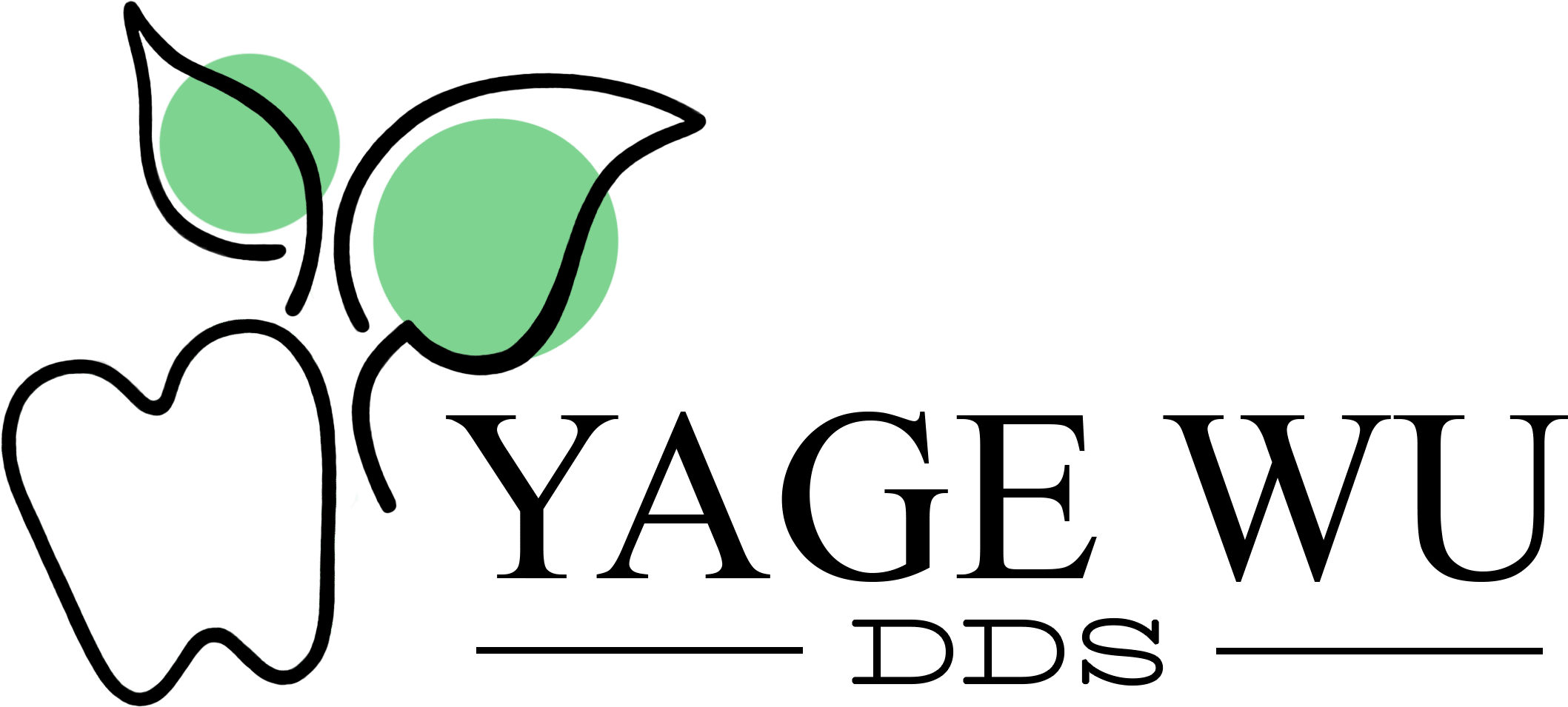
Maintaining good oral hygiene is essential for your overall health and well-being. A healthy mouth does more than provide a confident smile—it protects your body from serious health problems and enables you to enjoy your favorite foods without discomfort. While dental care can sometimes feel like a daunting task, following a few simple, effective practices can keep your teeth and gums in excellent condition.
Here are our top tips for maintaining good oral hygiene so you can ensure a lifetime of healthy smiles.
1. Brush Thoroughly Twice a Day
Brushing your teeth at least twice a day is the foundation of good oral hygiene. Be sure to use a fluoride toothpaste and a soft-bristled toothbrush to effectively remove plaque and prevent cavities while protecting your enamel and gums. Spending at least two minutes on brushing ensures you clean all surfaces of your teeth, including the front, back, and chewing areas.
Brushing before bed is particularly important, as it removes food particles and plaque that accumulate throughout the day. Remember to replace your toothbrush every three to four months, or sooner if the bristles become frayed. A worn-out toothbrush can’t efficiently clean your teeth, leaving you at risk for dental problems.
2. Floss Daily for Comprehensive Cleaning
While brushing removes plaque from the surface of your teeth, it cannot reach the spaces between them. This is where flossing comes in. Daily flossing ensures you remove debris and plaque from those tight spots that your toothbrush misses.
If traditional flossing feels challenging, consider alternatives such as floss picks or water flossers, which can make the process easier and more convenient. Regular flossing not only helps prevent cavities but also reduces your risk of developing gum disease, safeguarding your oral health in the long term.
3. Rinse with an Antiseptic Mouthwash
An antiseptic mouthwash is another essential tool in your oral hygiene routine. It helps reduce plaque and bacteria in your mouth, reaching areas that brushing and flossing may not cover. Mouthwash also freshens your breath, leaving your mouth feeling clean and refreshed.
Choose a mouthwash that contains fluoride for added protection against tooth decay. Use it once or twice a day after brushing and flossing for the best results. However, remember that mouthwash is not a substitute for brushing and flossing—it's an additional step to enhance your oral care routine.
4. Eat a Balanced Diet
Your diet plays a significant role in your oral health. Eating a balanced diet with plenty of fruits, vegetables, whole grains, and protein strengthens your teeth and supports healthy gums. Calcium-rich foods like dairy products, leafy greens, and almonds help maintain strong enamel, while foods rich in vitamin C, like oranges and strawberries, promote gum health.
On the flip side, limiting sugary and acidic foods is crucial. Sugar feeds bacteria in your mouth, leading to acid production that erodes enamel and causes cavities. Acidic foods and drinks, such as citrus fruits and sodas, can also wear down your enamel over time. When you do indulge, rinse your mouth with water afterward and wait 30 minutes before brushing to avoid damaging your enamel.
5. Avoid Tobacco and Limit Alcohol Consumption
Tobacco use is one of the leading causes of oral health problems, including gum disease, tooth loss, and oral cancer. Avoiding smoking or chewing tobacco can significantly improve your oral and overall health.
Alcohol—especially in excessive quantities—can also dry out your mouth, reducing saliva production. Saliva is essential for washing away food particles and neutralizing acids produced by bacteria. Limiting your alcohol intake can help keep your mouth healthy and hydrated.
6. Schedule Regular Dental Check-Ups
Even with the best at-home care routine, professional dental check-ups and cleanings are essential. Dentists can remove tartar and plaque buildup that you may miss and detect early signs of dental problems before they worsen.
Aim to visit your dentist at least twice a year for a thorough cleaning and examination. If you have specific oral health concerns, such as gum disease or a history of cavities, your dentist may recommend more frequent visits. Prevention is always better than cure, and regular check-ups can save you from costly dental treatments down the road.
For a deeper look into how oral hygiene connects to broader wellness, explore the comprehensive insights in this oral hygiene guide.
Final Thoughts
Maintaining good oral hygiene is about consistency, simple habits, and understanding the impact your oral health has on your overall wellness. By following these tips—brushing, flossing, rinsing, eating wisely, avoiding harmful habits, and seeing your dentist regularly—you can protect your teeth, gums, and general well-being throughout your life.
Healthy smiles start with good care, and a trusted dental professional can help guide you along the way. Choose to invest in your oral health today—you’ll thank yourself later.
Yage Wu, DDS, provides top-tier preventive and restorative dental care in Edison, NJ. With a focus on precision, quality, and patient comfort, Yage Wu, DDS helps patients achieve long-term oral health in a welcoming, state-of-the-art environment. Learn more by visiting Yage Wu, DDS.
